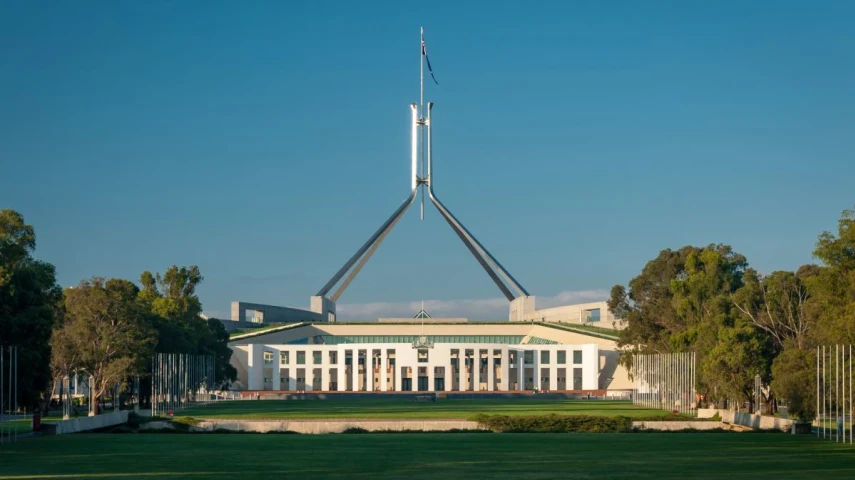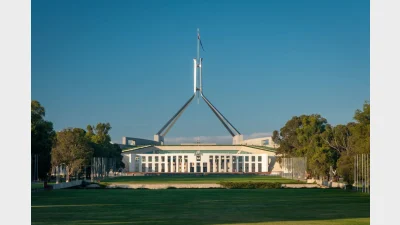Grattan recommends major changes to super ahead of budget



Major changes to superannuation could be ahead if budget recommendations by the Grattan Institute are enacted.
Ahead of the budget on 9 May, the think tank made a series of suggestions to reduce spending and boost revenue to improve the state of the budget deficit.
The structural gap between government revenues and spending was officially expected to be almost $50 billion in today’s dollars, or about 2 per cent of gross domestic product (GDP), every year by the end of this decade.
Several of the think tank’s measures related to superannuation, with efforts to wind back super tax concessions potentially saving $11.5 billion per year.
“Superannuation tax breaks cost the budget almost $45 billion a year and are projected to cost more than the age pension by 2036, while doing little to reduce age pension spending. These tax breaks predominantly benefit the top 20 per cent of income earners who are unlikely to qualify for an age pension. Without change, superannuation risks becoming a taxpayer-funded inheritance scheme,” Grattan said.
Measures to increase revenue via super included:
- Increase the age to access super from 60 to 65 years old, bringing it closer to the access age for the age pension;
- Freeze the super guarantee (SG) rate;
- Taxing super earnings in retirement at 15 per cent;
- Taxing the pre-tax contributions of high-income earners (>$220,000 a year) at 35 per cent;
- Capping pre-tax super contributions at $20,000 a year; and
- Taxing earnings on balances larger than $2 million at 30 per cent to prevent super from being used for tax minimisation and estate planning.
Freezing the SG would save the budget $1.2 billion a year if it remained at 10.5 per cent instead of rising to 12 per cent and had the “strongest economic or social case” out of all Grattan’s reform recommendations.
Increasing the preservation age to 65 would raise $7 billion a year, according to the Productivity Commission. Grattan noted those who benefited most from a lower preservation age were those with large balances who were likely to be healthier and able to keep working longer than those needing an age pension.
“The rationale for increasing the pension age was that as Australians live longer, healthier lives, many are well placed to support themselves longer by working. The same rationale should apply to accessing highly tax-advantaged superannuation. Indeed, it is difficult to justify such a large gap between the age at which people can use their superannuation (60) and get the age pension (67),” it said.
Earlier access could be granted for those with a disability, caring responsibilities, First Nations people and those who retired early due to injury or impairment.
“These changes would better target super tax concessions to their policy purpose, would not change savings behaviour and would help make the system fairer,” Grattan concluded.
Recommended for you
Australia’s largest super funds have deepened private markets exposure, scaled internal investment capability, and balanced liquidity as competition and consolidation intensify.
The ATO has revealed nearly $19 billion in lost and unclaimed super, urging over 7 million Australians to reclaim their savings.
The industry super fund has launched a new digital experience designed to make retirement preparation simpler and more personalised for its members.
A hold in the cash rate during the upcoming November monetary policy meeting appears to now be a certainty off the back of skyrocketing inflation during the September quarter.










